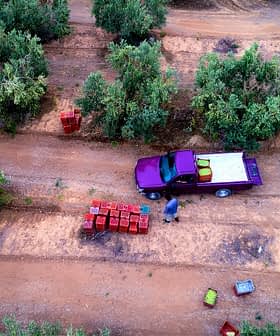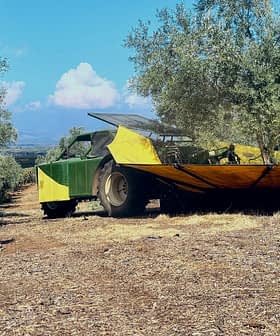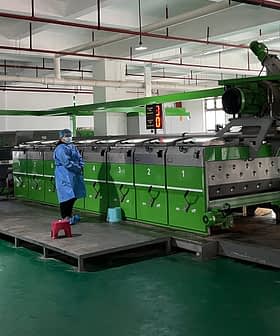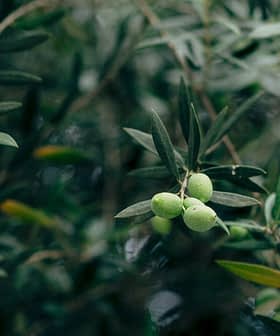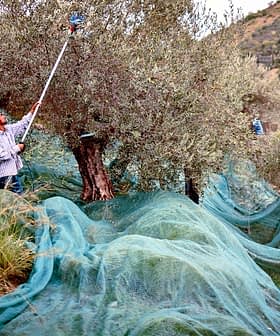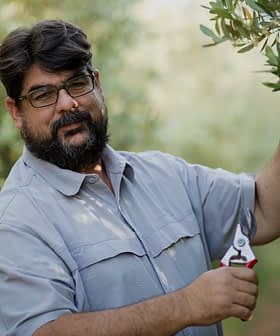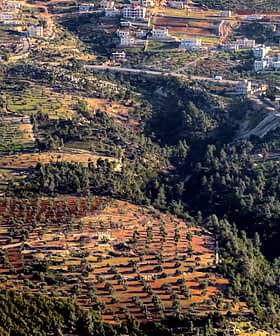 10.8K reads
10.8K readsBusiness
In Pakistan, Efforts to Grow Olives in Underdeveloped Areas Begin to Bear Fruit
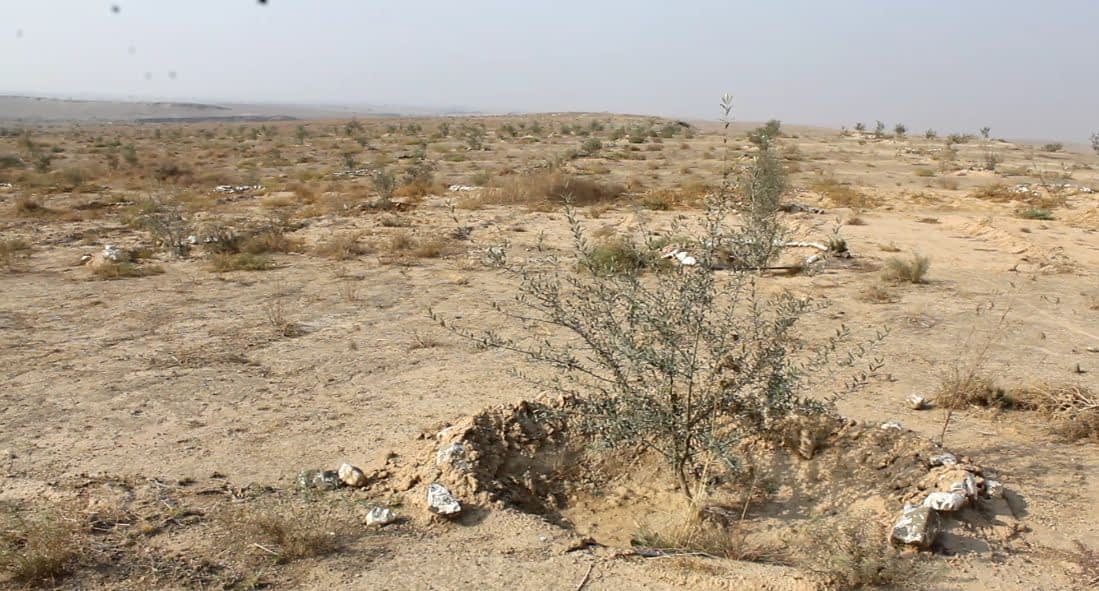
Pakistan is planting thousands of olive trees in its northwestern region, once a hotspot for terrorism, as part of the Ten Billion Tree Tsunami Project. This initiative aims to promote peace in the area, with the trees expected to bear fruit in the coming years and contribute significantly to olive oil production.
Under the Ten Billion Tree Tsunami Project, Pakistan is growing thousands of olive trees in its northwestern region – once considered a hotbed for terrorism activity.
The South Asian country’s northwestern Khyber Pakhtunkhwa province borders Afghanistan and has been on the frontline of the Global War on Terrorism for decades.
About 112,000 liters of olive oil will be produced annually from this area after the plants started fruit production.
The Pakistani government claims that 83,000 people have died due to the insurgency in Afghanistan and military operations conducted in the tribal areas of Khyber Pakhtunkhwa against al-Qaida and the Taliban.
However, after the federal government launched the Ten Billion Tree Tsunami Project in 2018, the Khyber Pakhtunkhwa province administration decided to plant thousands of olives as a symbol of peace in the region.
See Also:Pakistan Set to Become Olive Council MemberThe provincial government’s forestry department has planted around 8,000 olive trees in Amangarh, a vast area of the country with little agricultural activity located around 40 kilometers northeast of the historic city of Peshawar.
Pakistan’s federal Ministry of Climate Change also launched the Olive Trees Tsunami Project in 2021, intending to plant four million hectares of olive trees.
After declaring the country’s land and climate suitable for olive tree cultivation, the ministry decided to plant trees in the southern region of Balochistan, Khyber Pakhtunkhwa, tribal areas and northern parts of the province Punjab.
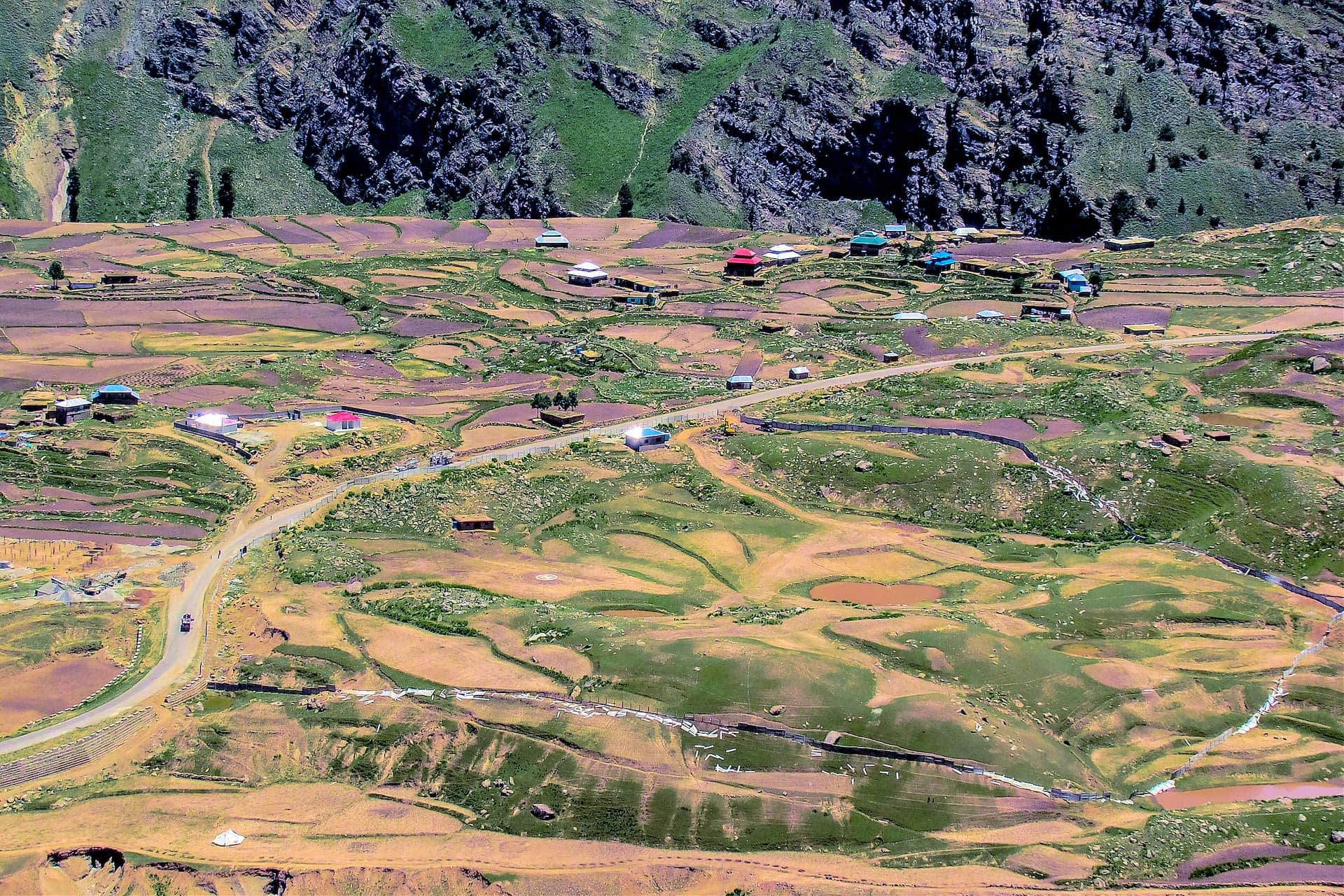
Naran Valley, Khyber-Pakhtunkhwa, Pakistan
The Peshawar Divisional Forest Officer Tariq Khadim, looking after the Ten Billion Tree Tsunami Project in the province, told Olive Oil Times that 8,000 olive trees had been planted on 27 hectares of land.
All of the trees were sourced from the local nursery of the forest department, Khadim said.
He added that 2,000 hectares of barren land were allocated for a different plantation under the Ten Billion Tree Tsunami Project. The forest department separated 27 hectares for olives as the land was suitable for planting them.
Khadim said though the terrain was suitable for olive growing, less rainfall and low underground water level emerged as a challenge to water the olive saplings.
He said the forest department in this area installed 10 solar panels, established tube wells and set drip irrigation system to water the olive saplings.
“A 16,000-foot (4,900-meter) water pipe has been used for drip irrigation and smooth supply of water for olive saplings,” he said.
The forest officer added that more than 95 percent of olive trees had grown successfully in the last two years.
Khadim added that these trees would bear an average of 110 kilograms of fruit each after four to five years, resulting in the average production of 12 liters of olive oil.
“About 112,000 liters of olive oil will be produced annually from this area after the plants started fruit production,” Khadim said.
Tahir Malik, a professor at the National University of Modern Languages, viewed planting olives in the northwestern province of Khyber Pakhtunkhwa as a positive step after the Global War on Terrorism.
“People in the Khyber Pakhtunkhwa province suffered most in the country during the 20-year war in Afghanistan as they were on the frontlines when suicide bombings incidents were taking place from 2008 to 2013,” he said.
According to Malik, the conflict had severely negative psychological effects on people living in Khyber Pakhtunkhwa and tarnished the region’s reputation worldwide.
He said that growing olives in the region would create a more favorable political narrative for the people and the region.
“It will reflect that people of Khyber Pakhtunkhwa want peace, not bombs,” he said.
The International Union for Conservation of Nature (IUCN), an international body with the mandate of monitoring different projects of the Ten Billion Tree Tsunami Project, has approved the plan to plant olive trees in the region.
Hammad Saeed, the organization’s project manager in Pakistan, said the plantations under the project had brought positive impacts for Pakistan.
“It has increased the forest cover area and generated the economic activity as well,” he said.
Saeed added that it was especially good to see a country already severely impacted by the effects of climate change taking serious steps in its mitigation.


